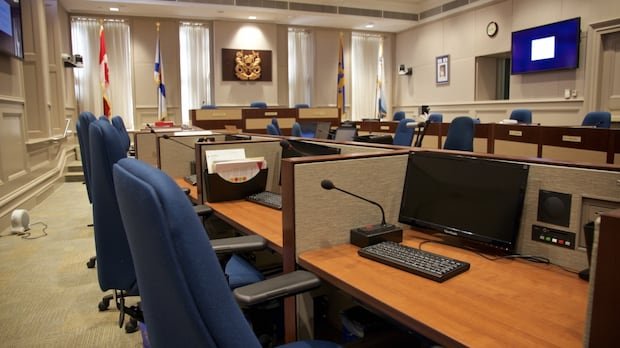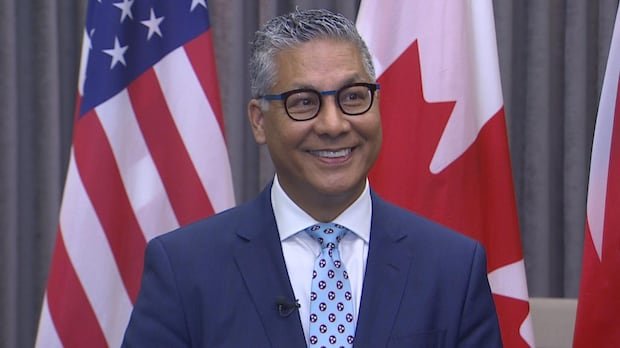Nova Scotians can no longer file complaints about their elected municipal officials, a move one advocate calls “dangerously undemocratic.”
Last Tuesday, the province made changes to the municipal code of conduct that it said arose from feedback from municipalities.
Those changes included a clause stating that a complaint “may only be filed by a councilor” in the municipality where the subject of the complaint is also a councillor.
Pam Mood, president of the Federation of Nova Scotia Municipalities and mayor of the City of Yarmouth, said some municipalities have reported a flood of complaints since the provincial code came into effect last year.
Mood said the province needs a standard definition of frivolous or vexatious complaints, so all independent investigators who handle municipal complaints are on the same page.
“It may not always be that way, but for now… I think it was a brilliant decision for the province to say, ‘You know what? If we’re going to do this right, we need to pause and see where we’re going,'” Mood said Wednesday.
“The most important thing is to make sure the code is used as intended.”
Mood said he didn’t have any specific examples of complaints that were frivolous, but said they generally could be based on someone’s personal animosity toward a council member for using a word they don’t like, or how the council member voted on an issue.
When asked how many municipalities reported code complaint issues to the federation, Mood said about six. But, he said, it wouldn’t matter if it was “just one or if there were 49. If something needs to be examined, it needs to be examined.”
Other new changes to the code of conduct include that a council member cannot make a complaint on behalf of another person, and investigators can consolidate similar complaints into a single investigation.
The changes come about a month after several residents complained that Halifax Mayor Andy Fillmore made misleading statements about the role of a chief administrative officer.
Resident Peter Linfield was one of the people who submitted a complaint, something he would not be able to do now.

Halifax’s municipal website said any public complaints received before the Oct. 7 changes will continue through the regular investigation process, but no new ones will be accepted.
Linfield said limiting the public’s ability to complain while the issue of frivolous complaints is being examined is a “strange overreaction.”
“It just seems like an unnecessary way to limit liability more broadly,” Linfield said.
All other Atlantic provinces allow public complaints about municipal officials, as do Ontario and British Columbia.
Duff Conacher, co-founder of the advocacy group Democracy Watch, said he has not heard of any province in Canada where the public cannot file complaints about municipal officials.
“For the government to take away this right is dangerously undemocratic and unethical,” Conacher said in an interview.
Conacher said the current system is also inherently flawed because an investigator always submits a final report to the board, whose members make the final decision on whether and how their colleague should be reprimanded.
He said the ideal model would be an independent provincial office that would handle all municipal complaints.
CBC asked the province’s Department of Municipal Affairs about concerns the move would remove public accountability from council members.
“Citizens will continue to have the ability to hold council members accountable during the election process,” said spokesperson Heather Fairbairn.
Mood said the Federation of Nova Scotia Municipalities will now work with the province to improve the code and hopes that will be done “as soon as possible.”
MORE TOP STORIES








